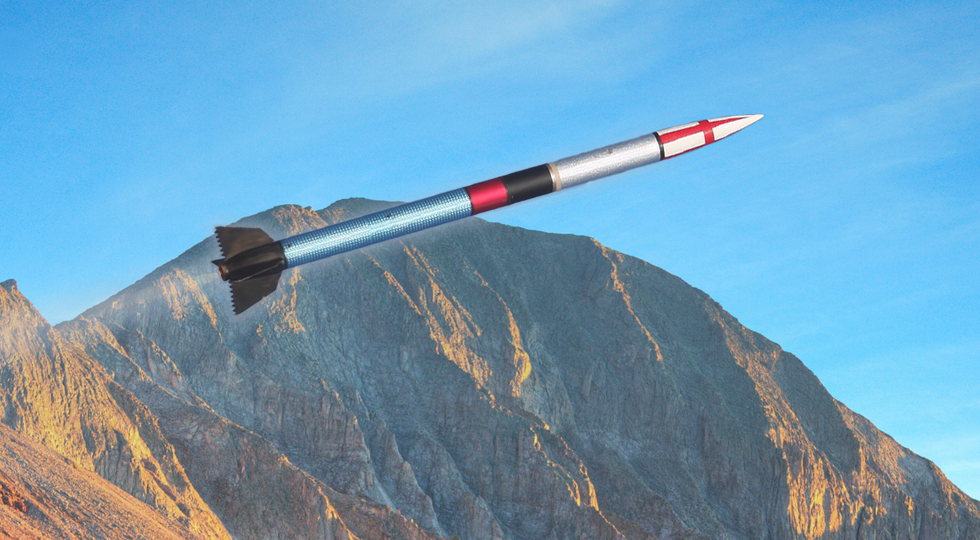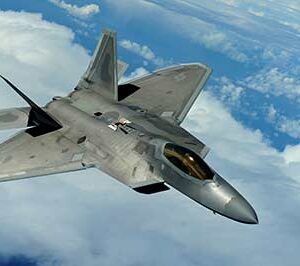At Duality Systems, we’ve worked with the U.S. Air Force and Space Force on multiple SBIR (Small Business Innovation Research) projects. From developing AI-driven scheduling solutions to optimizing mission-critical operations, our journey has been both rewarding and enlightening. While winning SBIR contracts is an incredible opportunity for small businesses like ours, it is only the beginning of a much larger and more complex process of achieving broader adoption within the military services.
SBIR funding allows small companies like ours to develop dual-use technologies that benefit both commercial and military sectors. SBIR contracts have served as a launchpad to adapt, develop, and refine our AI-powered optimization solutions for complex environments like UAV and missileer operations, satellite and sensor operations, and healthcare staffing. These solutions dramatically reduce scheduling times, improve workforce utilization, and enhance operational readiness across domains. For instance, an Air Force UAV unit reduced scheduling time from 160 hours per week to just 15 minutes using our Balance Scheduler platform.
However, as many small businesses will attest, securing an SBIR contract is just the start. The real challenge begins when attempting to transition from SBIR-funded development to widespread adoption, particularly within large organizations like the Department of Defense (DoD). This transition, often referred to as the “Valley of Death,” is fraught with challenges for even the most innovative small businesses.
Crossing this “valley of death” means moving from a successful prototype funded through SBIR to broader adoption within the service branches. While SBIR programs are well-structured to foster innovation, they often lack a clear pathway for scaling those innovations to broader use. We’ve experienced this firsthand—despite our successes during SBIR Phases I and II, gaining full integration and adoption across large military platforms has proven far more complex.
One key challenge is that small businesses often lack the internal resources to navigate DoD’s vast procurement systems and multiple layers of decision-making. Additionally, without the right champions inside the government (who aren’t constantly moving) to push for further use of SBIR technologies, innovative solutions can be left sitting on the shelf after the completion of Phase II contracts.
Furthermore, the military’s need for rigorous testing and validation means that moving from a prototype to a fully operational system is a long process, requiring sustained engagement and often additional development beyond the scope of the original SBIR.
While these challenges are significant, they are not insurmountable. Small businesses can improve their chances of success by teaming with larger primes that have greater visibility and experience within the DoD. Subcontracting on larger contracts or forming Joint Ventures with established players can open doors that might otherwise be difficult for smaller firms to access. These partnerships allow for shared resources and expertise, helping small businesses gain a foothold in larger, long-term defense contracts while building credibility within the ecosystem.
For Duality Systems, the future is bright, but not without hurdles. We are continuously working to extend the impact of our AI-powered workforce and resource optimization solutions beyond our initial SBIR contracts, ensuring that these innovations are fully integrated into both commercial and military settings. We are committed to pushing through the challenges of scaling, and we encourage other small businesses to engage with organizations like NDIA to build a supportive network.
Our experience proves that small businesses can indeed drive innovation within the defense space, but scaling that innovation requires persistence, partnerships, and support from key industry players. NDIA has the potential to be an invaluable partner in this effort, helping small businesses like ours achieve the broader adoption needed to truly make a difference in the defense industry.
Together, we can ensure that the next generation of innovations not only makes it out of the “Valley of Death” but thrives across the services.
————
Cindi Brothers is the Chief Operating Officer and co-founder of Duality Systems, a company focused on AI-powered workforce & resource optimization solutions. Her career spans both the Department of Defense (DoD) and commercial sectors, where she’s led business development efforts, built strong partnerships, and managed day-to-day operations in ‘no fail’ industries.















